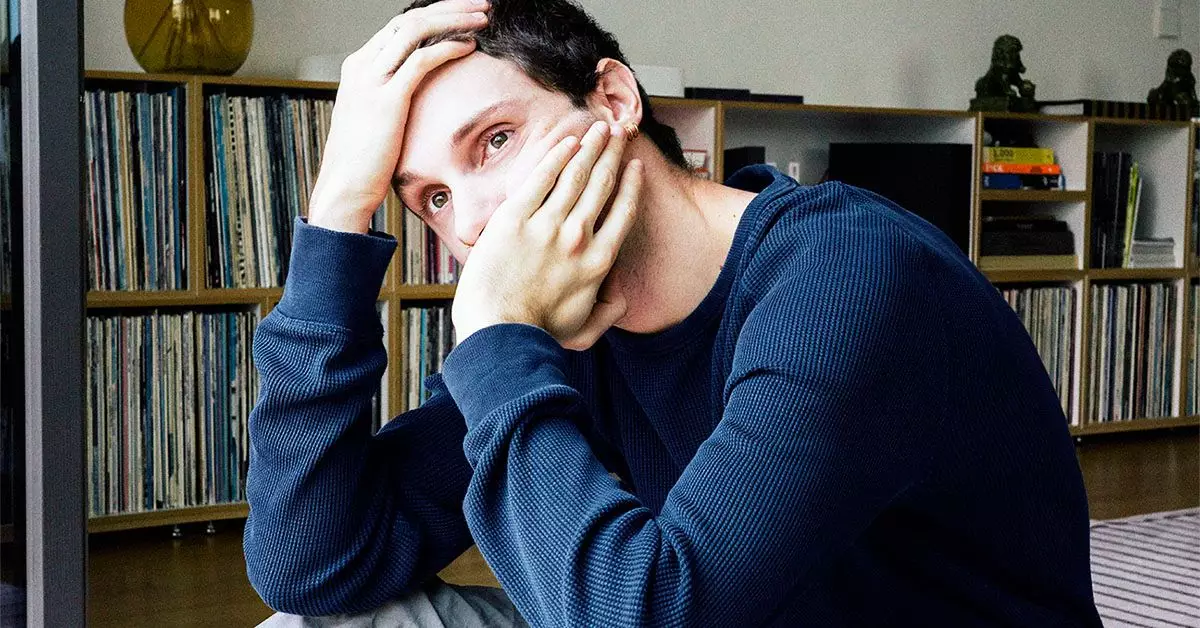Shyness and social anxiety are often conflated, yet they represent two distinct experiences that can cause varying degrees of discomfort in social contexts. Shyness is often viewed as a personality trait—an intrinsic quality that influences how an individual reacts in social scenarios. It manifests as feelings of awkwardness or discomfort when interacting with others, potentially hindering one’s ability to engage freely. While most people encounter moments of shyness, for some, it can become a pervasive aspect of their lives, impacting relationships and professional opportunities.
Social anxiety, on the other hand, is classified as a mental health disorder. This condition goes beyond the ordinary nervousness of a shy person; it engenders debilitating fear and insecurity in social situations to the extent that it can interfere with daily functioning. An individual with social anxiety may grapple with an overwhelming dread of judgment or ridicule, which could prevent them from attending social events, participating in conversations, or even performing everyday tasks like ordering food in a restaurant. Understanding the difference between these two states is crucial for effective management and support.
Forces Behind the Fear
The roots of social anxiety and shyness involve a complex interplay of societal, environmental, and psychological factors. Heredity plays a role, with a family history of anxiety disorders potentially increasing the likelihood of developing social anxiety. Experiences of trauma or stress, particularly in formative years, can lay a foundation for maladaptive responses to social situations.
Conversely, shyness often reflects early experiences that shape one’s approach to social settings. Parenting styles that emphasize overprotection or criticism can instill a fear of social interaction in children. For instance, individuals who encounter ridicule during adolescence may internalize this negativity, reinforcing feelings of inadequacy that could extend into their adult lives.
Scientific studies underline the correlation between shyness and subsequent mental health issues. Research indicates that children who display shyness may subsequently develop negative self-perceptions regarding social performance, intensifying their fear of social interaction. When these feelings compound, they can precipitate a more severe disorder in the form of social anxiety.
The Diagnostic Divide
The distinction between shyness and social anxiety is pivotal when it comes to seeking help. While shyness may not require professional intervention, social anxiety demands a thorough examination by mental health practitioners. The Diagnostic and Statistical Manual of Mental Disorders (DSM-5-TR) outlines specific criteria for diagnosing social anxiety disorder. Individuals often need to endure a rigorous evaluation process to differentiate between slightly uncomfortable feelings of shyness and debilitating anxiety.
A crucial aspect of distinguishing social anxiety from simply being shy is recognizing the impact these feelings have on one’s life. Shyness may lead to minor disruptions, but social anxiety can severely diminish one’s quality of life, making it difficult to carry out essential tasks like going to work or attending school. It’s vital for individuals experiencing these symptoms to seek professional guidance, as self-diagnosis can lead to misunderstanding the severity of their condition.
Empowering Personal Growth
While shyness and social anxiety can be challenging, there are various strategies that individuals can employ to break free from the grips of these feelings. For those grappling with shyness, developing assertiveness can lead to more fulfilling interactions. Techniques such as cognitive-behavioral therapy (CBT) have shown promising results in helping individuals leverage their inherent strengths and gradually confront their fears in social settings.
Social anxiety, being a more serious disorder, may require a multifaceted treatment approach that can include therapy and, in some cases, medication. Engagement with a mental health professional is vital for crafting a personalized treatment plan that addresses individual circumstances and needs.
Encouragingly, both conditions can improve significantly with the right methods in place. Whether one embraces their inherently shy nature or faces the challenges posed by social anxiety, the journey toward greater self-acceptance and confidence is not only possible but essential for overall well-being.
Societal Perspectives and Personal Reflections
The societal landscape plays a critical role in reinforcing norms around social interaction. In cultures that prioritize extroversion, shy individuals may be viewed as socially inept or even non-conformist. This perception can exacerbate the challenges faced by individuals struggling with social anxiety.
It is essential to foster an environment that recognizes and values diverse personality traits, including shyness, as a part of the rich tapestry of human experience. Elevating the conversation around mental health and understanding the nuances of these emotional challenges emboldens individuals to seek help and embrace who they are.
By shifting societal attitudes and fostering nurturing environments for personal development, we can empower those who are shy or experience social anxiety to build self-confidence while minimizing the stigma surrounding their feelings.


Leave a Reply